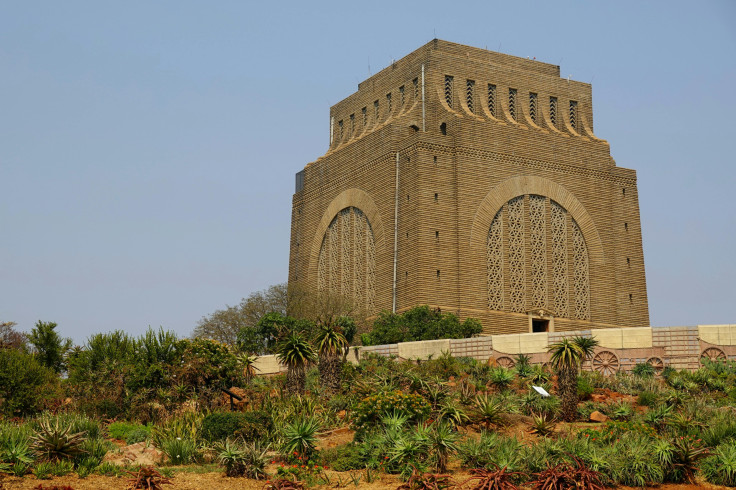Heritage Day Celebrations: Gauteng Traffic Police Urges South Africans To Behave Responsibly

While South Africa is all set to celebrate Heritage Day, the Gauteng Traffic Police (GTP) urged citizens to behave responsibly during the public holiday.
GTP spokesperson Sello Maremane said on Monday that it is important to celebrate cultures, traditions and diversity responsibly. September is Heritage Month in South Africa, where the nation honors its diverse culture and rich heritage.
This year, Heritage Day on Sept. 24 will be celebrated at Meqheleng Stadium in Ficksburg, Free State, under the theme of "Celebrating the lives of our heroes and heroines who sacrificed for our freedom," SA News reported.
A statement from the Department of Sport, Arts and Culture earlier this month highlighted that this year's theme focuses on South Africa's liberation movements, which received support from neighboring countries during their fight for freedom.
"We encourage all citizens to do so responsibly and avoid taking part in unlawful activities such as public drinking, reckless and negligent driving, amongst other things," Maremane said, revealing that the Gauteng Traffic Police alongside Gauteng Traffic Wardens and other law enforcement agencies will remain on a high alert.
He added, "We will continue to conduct law enforcement operations to address crime and lawlessness. Residents are encouraged to report any suspicious incidents to their nearest police station or contact the Gauteng hotline on 0800 22 88 27/ hotline@gauteng.gov.za."
Last year, South Africa commemorated Heritage Day under the theme of "Celebrating our cultural diversity in a democratic South Africa" and Deputy President Paul Mashatile urged citizens to reconnect with their roots and celebrate diversity.
The deputy president recalled that South Africa had a painful past due to colonialism and apartheid. However, he praised how the country won against oppressive regimes.
Dutch Colonialism happened in 1652 while British Colonialism took over in 1795. The apartheid system was introduced in 1948 by the National Party - this system was to enforce racial segregation and discrimination. This system ended in the late 20th century when Nelson Mandela became the first black president in 1994.
Previously, even President Cyril Ramaphosa urged creative professionals to take a step forward to tell cultural stories for future generations about the past and present of the country.
© Copyright 2025 IBTimes ZA. All rights reserved.


















